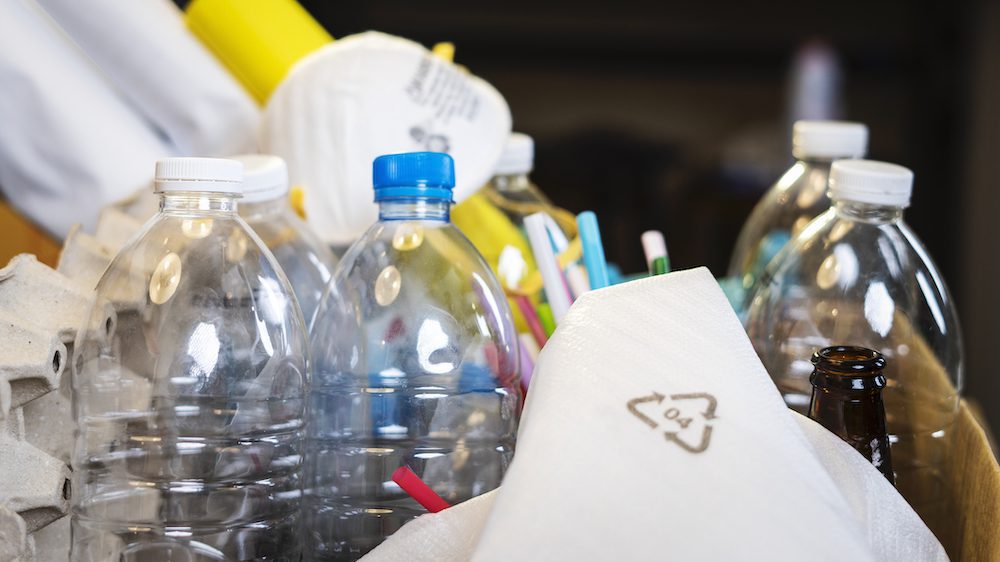Recycling Mistakes and How to Avoid Them MABA MassachusettsRealEstate MaBuyerAgent FirstTimeHomeBuyers
Recycling is an essential practice for protecting the environment and conserving resources, but it’s not always as straightforward as it seems. Many people unintentionally make recycling mistakes that can undermine the effectiveness of their efforts. By understanding common recycling errors and learning how to avoid them, you can ensure that your recycling contributes positively to sustainability goals. Here’s a guide to common recycling mistakes and tips on how to avoid them.
1. Contaminating Recyclables
One of the most common recycling mistakes is contaminating recyclables with food residue or other non-recyclable materials. For instance, greasy pizza boxes, dirty plastic containers, or non-recyclable plastics mixed with recyclables can spoil an entire batch of materials. To avoid this mistake, always rinse out food containers before recycling them. It’s also important to check your local recycling guidelines to ensure you are only placing acceptable materials in your recycling bin.
2. Mixing Different Types of Plastics
Not all plastics are recyclable, and mixing different types of plastics can complicate the recycling process. Different plastics require different processing methods, and placing non-recyclable plastics in your bin can result in contamination. To avoid this, familiarize yourself with the recycling symbols on plastics and your local recycling program’s guidelines. Separate plastics according to their type when possible, and only include those that are accepted by your local facility.
3. Improperly Disposing of Hazardous Materials
Household hazardous materials such as batteries, paint, chemicals, and certain electronics should not be placed in regular recycling bins. These items require special handling to avoid environmental harm and safety risks. Check for designated drop-off locations or recycling programs for hazardous materials in your area. Proper disposal ensures that these materials are handled safely and do not contaminate other recyclables.
4. Recycling Items That Are Not Accepted
Many people mistakenly place items in their recycling bins that are not accepted by their local program, such as plastic bags, food-soiled paper, or certain types of glass. This can lead to entire loads of recyclables being rejected or sent to the landfill. To avoid this mistake, review your local recycling guidelines carefully and ensure that you only include items that are accepted. If in doubt, contact your local recycling center for clarification.
5. Overloading the Bin
Overloading your recycling bin can lead to improperly sorted materials and a higher likelihood of contamination. When bins are too full, items can become damaged, and sorting becomes more difficult. Follow your local guidelines for bin size and collection frequency, and avoid placing more items in the bin than it can comfortably handle. If you have excess recyclables, consider using a secondary bin or waiting for the next collection day.
6. Ignoring the Importance of Education
Recycling guidelines and practices can vary widely by location, and it’s important to stay informed about the rules specific to your area. Recycling programs may update their accepted materials and procedures, so regularly reviewing your local recycling information can help you avoid mistakes. Many communities offer resources such as websites, brochures, or mobile apps that provide up-to-date recycling information. Staying educated ensures that your recycling efforts are effective and aligned with local guidelines.
In summary, avoiding common recycling mistakes involves proper preparation, understanding local guidelines, and staying informed. By ensuring that your recyclables are clean, correctly sorted, and accepted by your local program, you can contribute more effectively to environmental conservation and sustainability. Recycling is a powerful tool for reducing waste and conserving resources, and making these simple adjustments can significantly enhance the impact of your efforts.

FIRST TIME HOMEBUYERS
"The MABA agent helped us find the perfect home for us at the right price and we felt extremely good about the final deal."
Get Started with MABA
For no extra cost, let a MABA buyer agent protect your interests



